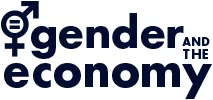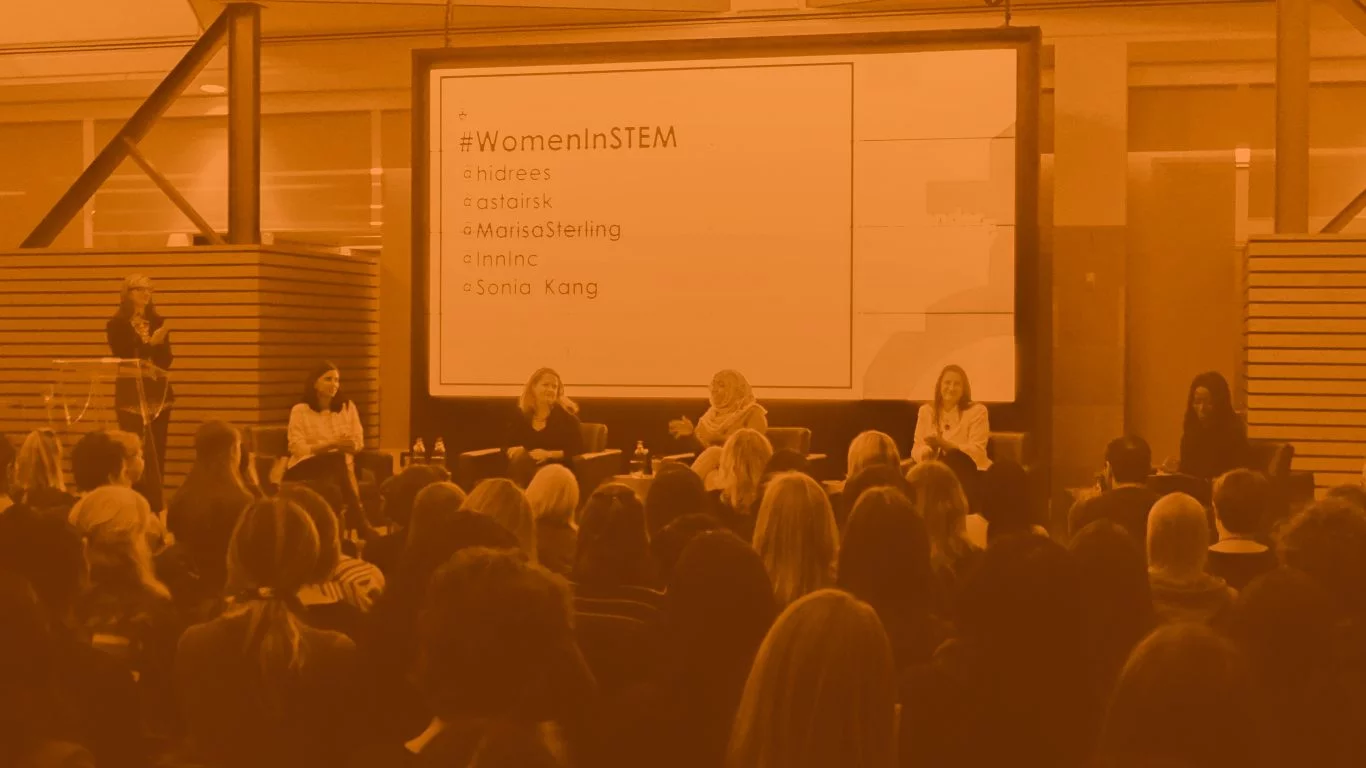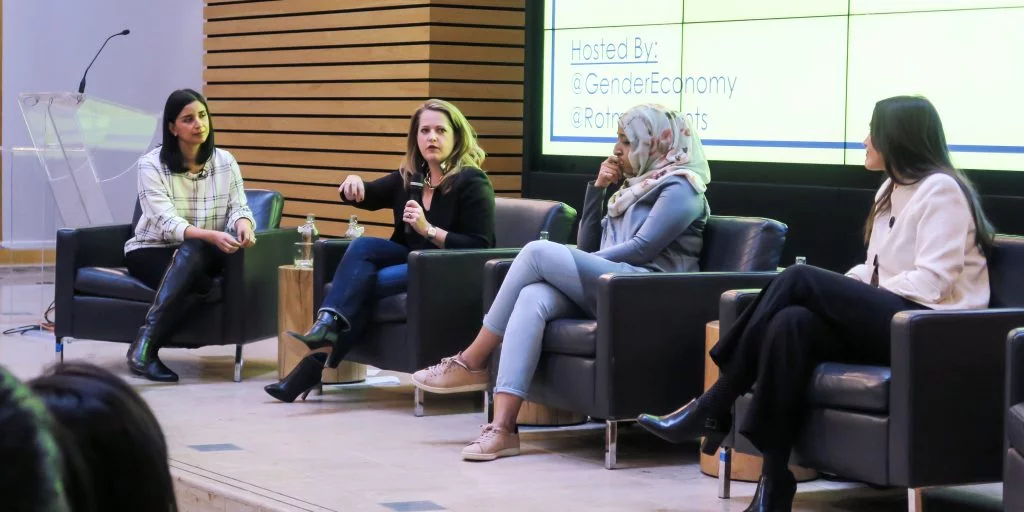“The reason we keep coming back to tech…is because it has the highest chance of disrupting corporate cultures.”
Data gathered by Project Include indicates that men still outnumber women in a majority of tech companies, particularly in leadership and management roles, by as much as 70%. Although the call to include women and girls in STEM fields has been heard for many years now, more steps are clearly needed to make a significant difference.
At our event, “Women in STEM: A Panel Discussion,” we outlined what progress has been made in increasing diversity in STEM fields, and what work still needs to be done. This event was moderated by Sonia Kang, Assistant Professor of Organizational Behaviour and Human Resource Management at Rotman, and featured panelists Huda Idrees, Founder and CEO of Dot Health; Andrea Stairs, CEO of eBay Canada; Marisa Sterling, Assistant Dean, Inclusivity and Diversity at the Lassonde School of Engineering, York University; and Jessica Yamoah, Founder of Innovate Inclusion.
The panelists outlined a few key insights and lessons learned.
STEM fields need better storytelling.
Up until now, the conversation has focused on numbers and targets. Numbers motivate and drive change, but are only part of the solution. By focusing on the qualitative experiences of women and girls in the STEM fields, a new narrative can emerge around what kinds of careers women can have in STEM, particularly if they are not coming from a STEM background, like panelist Andrea Stairs who has a degree in Medieval History.
We still have a culture problem.
Cultures are slow to change, and some industries are still plagued by a dysfunctional, “fraternity” culture. This is a problem not only for women but also for any individual who may feel alienated by cultures that support toxic masculinity. Solving the culture problem can benefit people of all genders, and there has been an indication of culture change via the formation of “allies” in different companies.
We need to reframe the conversation and disrupt the male-centric vision of the ideal “STEM leader.”
Panelist Jessica Yamoah emphasized that skills often referred to as “soft skills,” such as communication, listening, organization, etc., need to be thought of as “transferable skills” instead because the concept of a “soft skill” is actually gendered. The panelists also pointed out that when investors look for examples of past successes, they typically envision founders like Mark Zuckerberg (of Facebook) and Evan Spiegel (of Snap). However, the more we can point to a diverse set of entrepreneurs, like Katrina Lake, founder of Stitch Fix, the more we can shift the archetype of who a successful leader can be, and even what they can look like.
For a more in-depth look at the event, watch the videos below.






